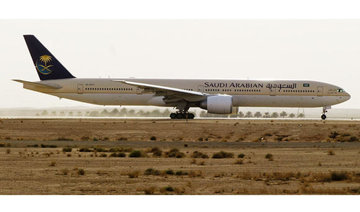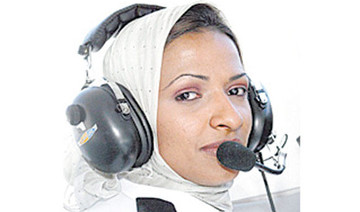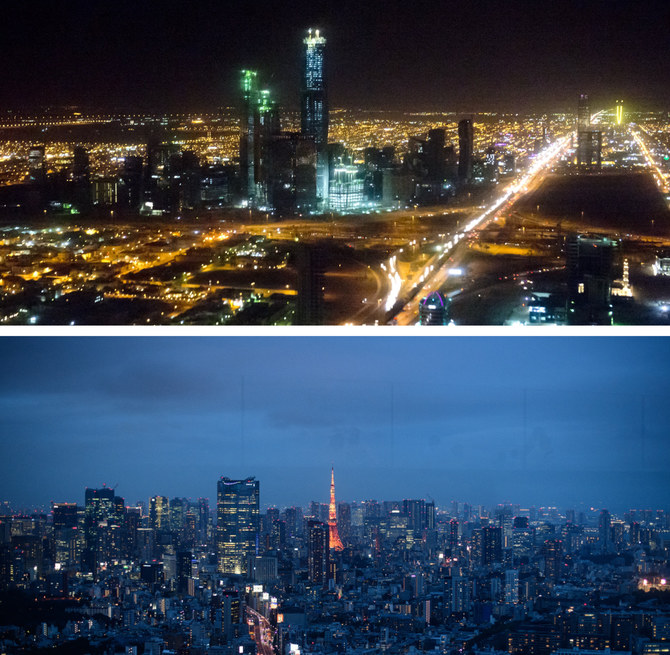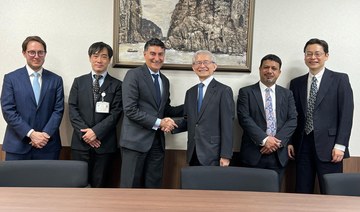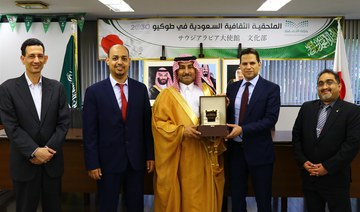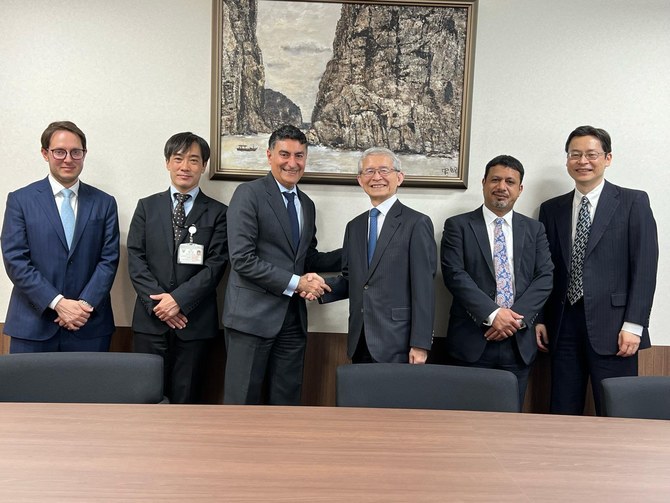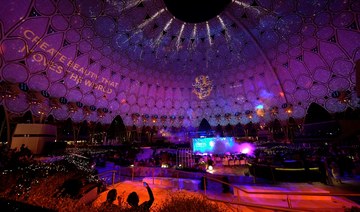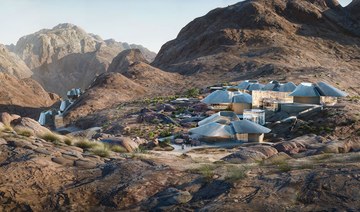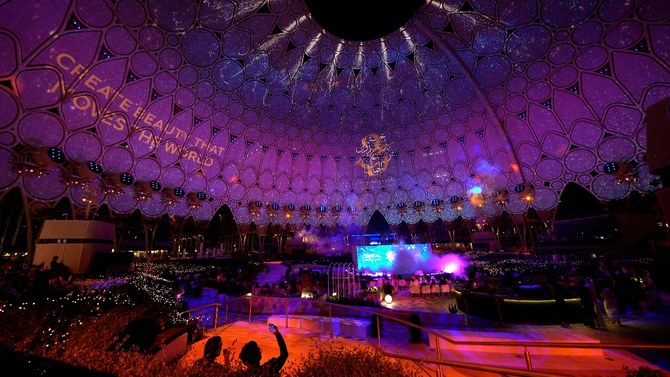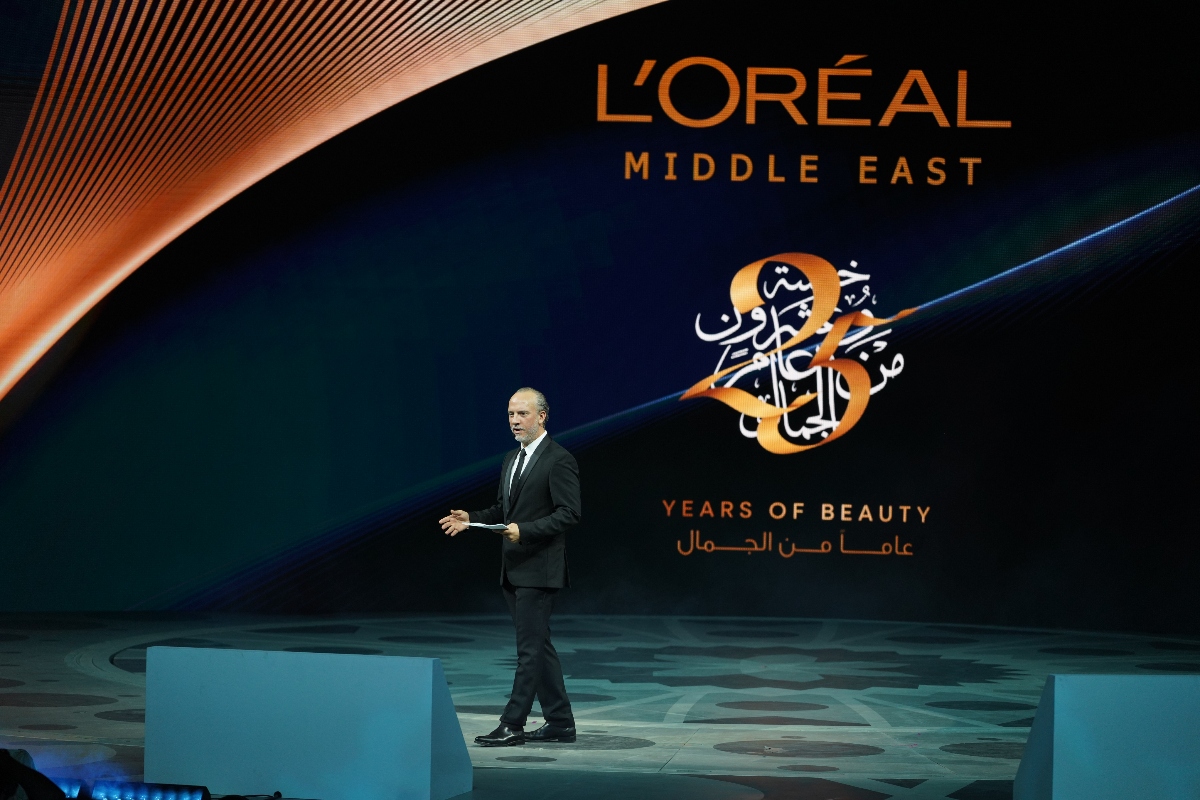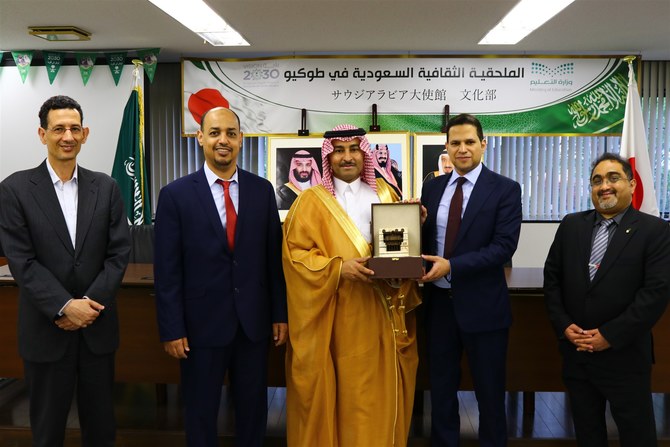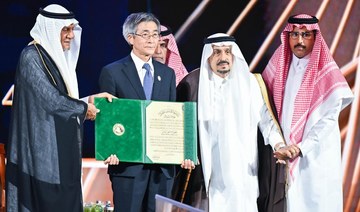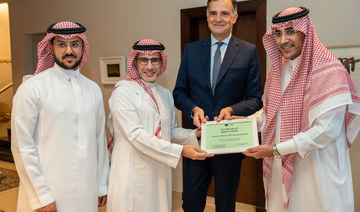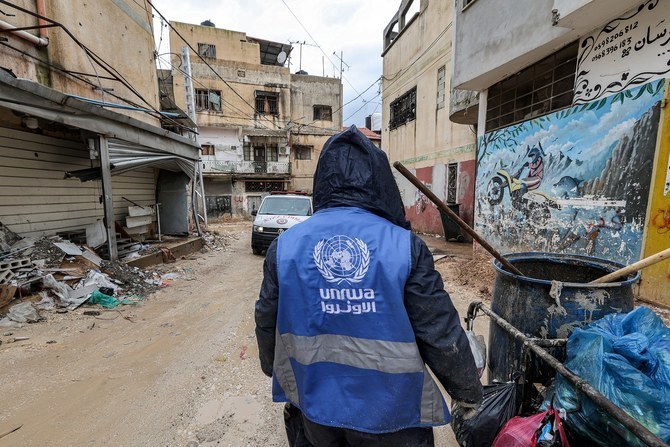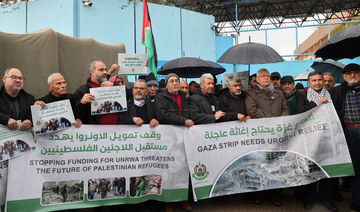ABU DHABI: As the first Saudi A380 pilot in the world, senior first officer Wesam Sameer Al-Najjar has already spent nearly 4,000 hours in the cockpit and flown to more than 100 countries, all before his 29th birthday later this month.
Having joined Etihad Airways in 2013, Al-Najjar has flown the A318, A319, A320, A330 and A330 Cargo aircraft, among others. It was in 2016 that the Saudi national was selected to fly the A380 as the world’s first Saudi pilot of the world’s largest aircraft. To date, he is still the youngest Saudi national to have flown the Airbus.
Among his biggest achievements was being selected to co-pilot Etihad’s flagship Year of Zayed-branded A380 on a special flight to Jeddah to mark the Kingdom’s National Day on Sept. 23 this year.
“It was such an honor to fly this flight,” he said. “Taking it all the way to Jeddah, the first Etihad A380 to fly this route. It was great to be part of a movement that reflects a great relationship between the two countries.
“Flying an A380 is incredible; you fly a cruising speed of 575mph all the way into the sky. To fly such a big aircraft motivates me to learn more, to study more, to achieve more. To know more and more about the world of aviation.”
When he received the email to say he had been selected as an A380 pilot, Al-Najjar was just 26.
“It was a huge honor and a dream come true and something that continues to motivate me,” said Al-Najjar. “I was very proud of myself. It was my dream.
“I remember receiving an email through flight operations. I just felt so happy. To fly the biggest aircraft in the world with destinations to London, Paris, New York and Sydney — it was a true honor and a dream — and I would say a large part was due to my family support and Etihad’s support, the UAE government’s support and the Saudi government’s support.”
One of 10 children, with four older brothers and five sisters, Al-Najjar said the first person that he called was his uncle, having lost both his father and mother. “He told me he was very happy and he is very proud of me,” said Al-Najjar. “He has supported me all my life.”
Growing up in western Saudi Arabia, in the city of Madinah, Al-Najjar said that he first envisioned being an engineer, but in his late teens decided being a pilot would be a “the perfect job” — and to pursue his dream after graduating from high school.
After a brief spell in London to brush up on his English, Al-Najjar moved to the UAE. There he enrolled in EDIC Horizon International Flight Academy, a flight school in Al Ain, when he was just 19. He trained alongside his older brother Wadi Al-Najjar, now 33, who is also with Etihad, co-piloting the A320.
“There was only myself and my brother and a girl who was from Saudi Arabia,” he recalled. “I was one of the youngest guys in the group.”
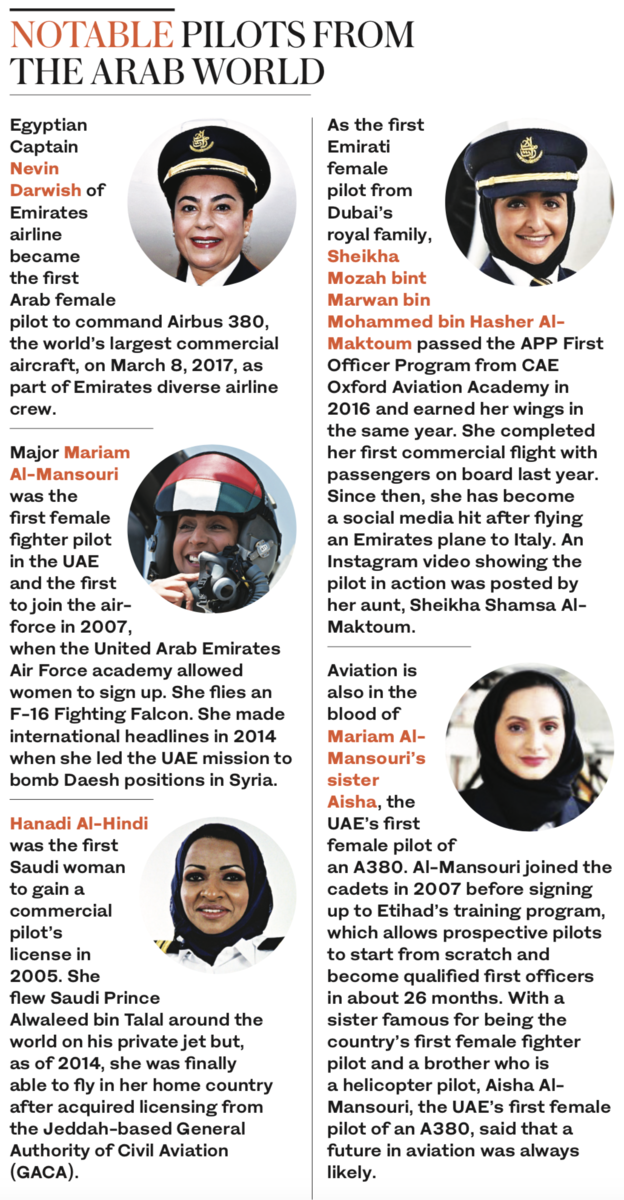
After 18 months in the academy, which also saw him train in Bahrain, Al-Najjar secured his pilot credentials at the age of 21 and joined Etihad shortly afterwards.
The lifestyle of his chosen profession is the most rewarding aspect of his job. “You fly everywhere,” he said. “You fly cold weather, warm weather. It is a wonderful job; it makes you learn more about different cultures by seeing many places in the world. Every flight is a new experience; new cultures, different flight crew, different personalities, different countries. And you really gain a family; sitting with a co-pilot for 16 hours and traveling with the flight crew; it really is a bonding experience.”
Paris, London and the south of France remain his favorite destinations, but Al-Najjar said a stand-out trip was working with Etihad partner airline Air Seychelles on the A320, where he had a “wonderful time” exploring the archipelago of islands in the Indian Ocean.
“I also loved the Maldives, China and exploring West Africa and Uganda. I have been to many, many countries, more than 100.”
In his career there are few places Al-Najjar, who co-pilots four flights a month, has yet to fly to.
“I am so grateful to Etihad airlines; it is one of the biggest airlines in the world and the fastest growing. They have a great team, and I am happy to be in the UAE and feel like I am in my home country. There is a really deep relationship between my country and the UAE government. And I would like to thank the UAE government, together with Saudi’s government, for their joint support and helping me reach all my achievements. I would love one day to meet all them. It would be such an honor.”
Despite the sheer size of the plane and being responsible for the 500-plus passengers on board, Al-Najjar said that he never gets nervous before a take-off or landing. “It is always two people in the cockpit, so we take care of the responsibilities from point A to point B. But I never feel nervous. If you are knowledgeable and know what you are doing, you are not nervous. The difficult — but best part — of the flight is the landing.”
So what is next for Al-Najjar? “It would be great to also be one of the top guys — whether here in Etihad or back Saudi Arabia’s airlines — to play a major role in aviation. But maybe one day I will even get to fly the royal flights for Saudi Arabia or the UAE. That would be a real honor. I hope it will be an achievement in the future.”
He also said it would be “a dream” to co-pilot a flight with his brother, and one day he aims to train other young aspiring pilots. “It would be great to be in management, and I think that is a consideration for the future.”
Any words of wisdom for aspiring pilots? “You have to be responsible. It is a big role. You have to be really keen to learn more. But I would say it is one of the best jobs in the world, so I would recommend people to join the aviation industry. I think many young Saudis would love to be pilots, and they are studying to do so — especially now there is a new cadet program for Saudi National and the establishment of a new flight academy, the CAE Oxford Authorized Training Center in Dammam. I think there are many Saudi youth — women and men — who want to fly and I hope one day more will do so.”




